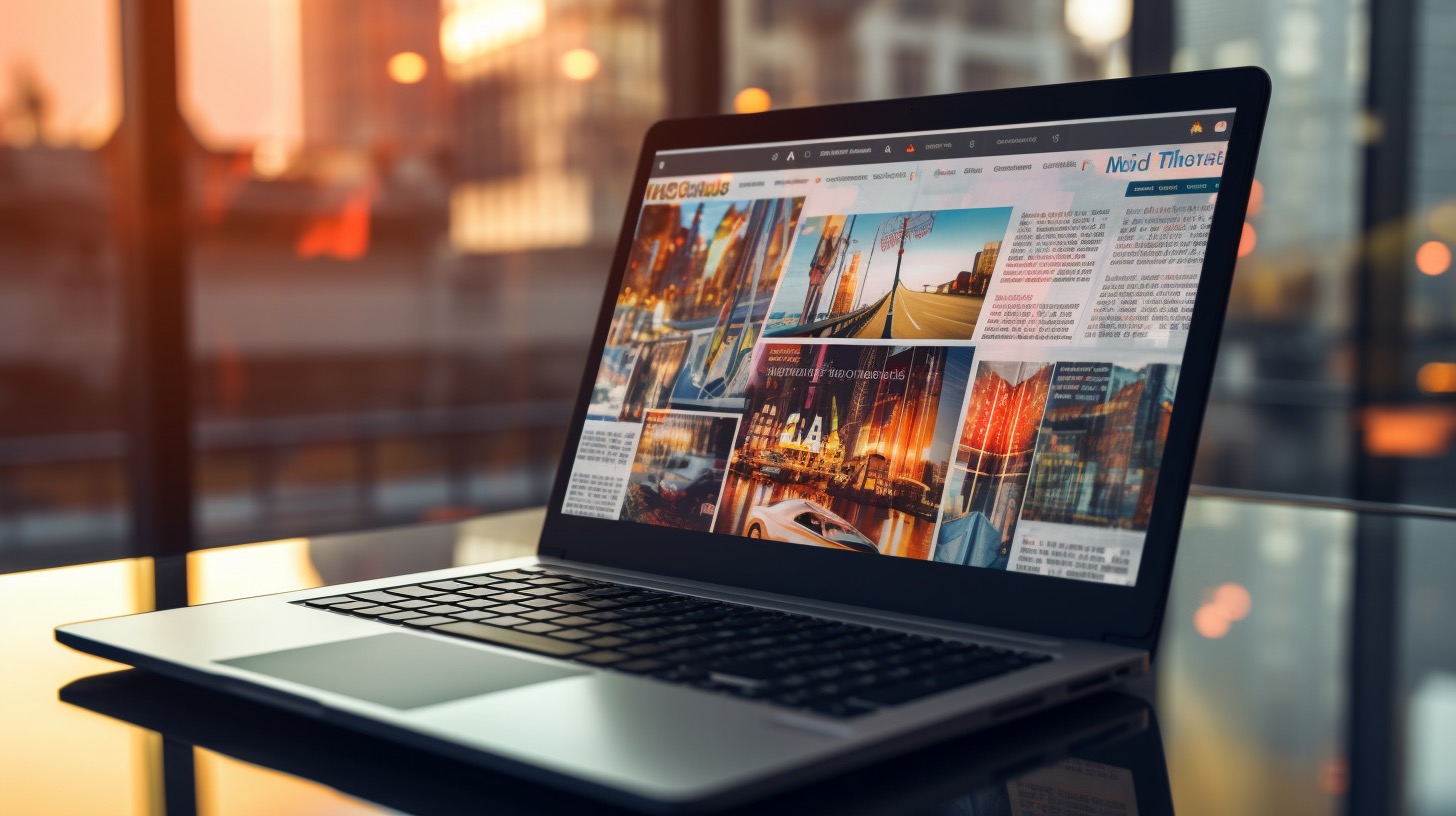In Tehran’s bustling cafes and tech shops, conversations and frustrations often revolve around one subject: the ongoing ban on Apple’s latest iPhone models, specifically the 14 and 15 series. Despite hopes for an end to restrictions imposed in early 2023, Iranians like 32-year-old Hamid have been left in a lurch, with his newly-purchased iPhone struggling to find a stable network connection.
The ban requires anyone, including tourists, who wishes to use an iPhone in Iran to register their device with the authorities. Only with registration can individuals use local SIM cards beyond a month’s time. However, the restriction includes the latest iPhones, allowing no avenue for their legal registration. This has had far-reaching implications, pushing avid iPhone users into an ever-growing gray market.
The Iranian government’s stance, originating from the desire to limit foreign currency outflows, has inadvertently spiked demand for older iPhone models that can still be officially registered. Even as a sign of affluence and technological enthusiasm, many Iranians find themselves unable to enjoy their device’s full capabilities, often limiting it to lower 3G networks.
Currently, traders have begun capitalizing on the situation, hiking prices for older iPhone models. For instance, the iPhone 13 has hit costs close to the newer, yet unusable, iPhone 14 and 15 in Iran due to its legal coverage. Reports indicate a price range for these desirable contraptions stretching from about $710 to an astonishing $1,900.
Complicating matters further, is the rise in fraudulent schemes exploiting the high demand for iPhones. Notably, the case of a company peddling iPhones at enticingly low costs, which has now resulted in the owner becoming a fugitive after amassing significant sums from the public. In addition, consumers now face the additional detriment of no warranty coverage for their premium-priced Apple smartphones.
The ban not only affects consumers but also retailers like Navid, who owns a phone shop. He shares the confusion pervading the market due to varying device prices and the need to label recent iPhone models as contraband.
Despite Supreme Leader Ayatollah Ali Khamenei’s past criticisms concerning the import of American luxury phones, the nationwide clamor for iPhones persists. As Iranian customers wade through a mixture of government opposition and illicit market solutions, the allure of Apple’s iconic devices remains unabated.
The article discusses the impact of Iran’s ban on the latest iPhone models and how this has fueled a black market for these devices. To explore this further, here are some relevant facts and considerations around the topic:
Iran’s Economy and Sanctions: Iran’s economy has been under significant strain due to long-standing sanctions imposed by the United States and other countries, which affect its ability to engage in international trade and financial transactions. The government seeks to limit the outflow of foreign currency, a motivation underlying the ban on the latest iPhones, as such imports are seen as a drain on Iran’s foreign currency reserves.
Apple’s Absence in Iran: Officially, Apple has no presence in Iran due to U.S. sanctions, which means there is no Apple Store or authorized service providers in the country. Thus, all Apple products in Iran are imported through unofficial channels, and their maintenance and support are provided by independent businesses.
Key Challenge – Network Compatibility: With the implementation of the ban, there is a challenge for users of the latest iPhone models to access stable network connections, as their devices cannot be legally registered. Users thus encounter difficulties in utilising the full potential of their smartphones.
Controversy – Economic Impact: The Iranian government’s stance on the import of luxury goods has been controversial among its population. While aimed at protecting the economy, these measures have had unintended consequences such as price inflation for older iPhone models and the creation of a black market, thus making it difficult for people to purchase and use these products legally.
Advantages and Disadvantages:
Advantage – Protection of Foreign Reserves: The restriction aims to conserve Iran’s limited foreign currency reserves, which is crucial for the country’s economic stability.
Disadvantage – Market Disruption: The ban disrupts the technology market in Iran, leading to inflated prices, an increase in illegal trade, and potentially expediting technological obsolescence as citizens are unable to access the latest technology.
Disadvantage – Consumer Frustration: Iranian consumers looking to acquire and use the latest iPhones find themselves frustrated by the legal hurdles, inflated costs, and reduced functionality.
For readers interested in further information on general topics related to Iran and technology, these URLs may provide a starting point, provided they comply with current regulations and are accessible from the reader’s location:
– Apple Inc. – To understand the official stance and latest developments from Apple.
– U.S. Department of the Treasury – For information on sanctions and their implications.
It is essential to consider the broader context when discussing the market for iPhones in Iran, including international relations, economic strategies, consumer behavior, and the impact of sanctions. This will help in understanding both the motivations behind such bans and their wide-ranging consequences.
The source of the article is from the blog lokale-komercyjne.pl
